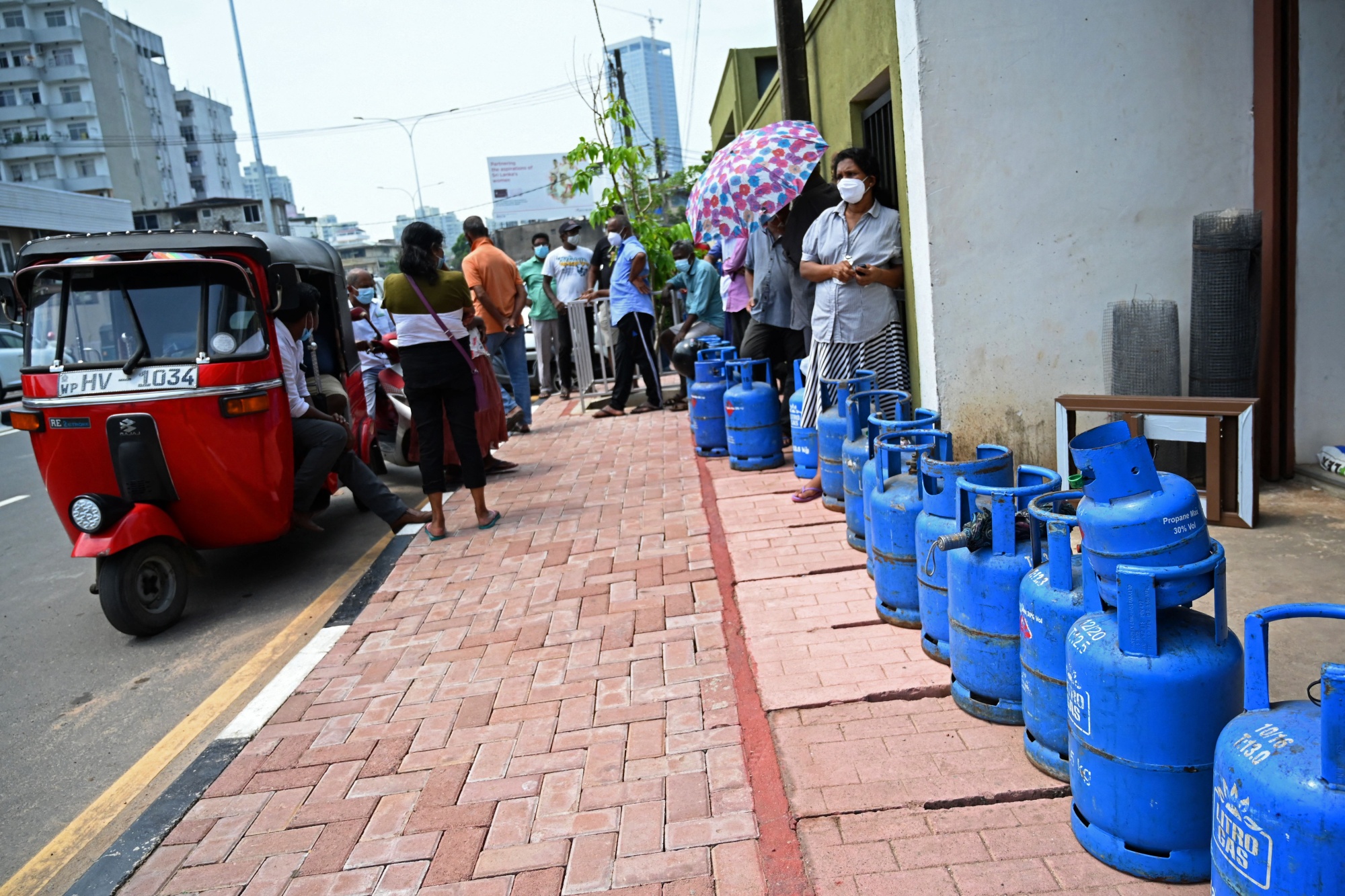Just lentils, rice and tea without milk. Meals are increasingly meager for Sandamali Purnima, a Sri Lankan salon employee, her taxi-driver husband and their four young children. With cooking gas hard to find and the electricity cut, she cooks this basic fare outdoors over wood-fed flames.
A staircase in their suburban home leads to an unfinished second floor, concrete prices too high to continue.
“Building a house is hard,” Ms. Purnima said. “But eating is even harder.”
An economic crisis is disrupting life across Sri Lanka, an island nation off India’s southern coast that only recently had been outperforming its neighbors.
In less than a decade, Sri Lanka recovered from the ravages of a civil war that ended in 2009, soaring to the status of an upper-middle-income nation. It built a tourism-based economy that brought billions of dollars, many jobs and middle class comforts: high-end eateries and cafes, imported Jeeps and Audis, and upscale malls.
Now, Sri Lankans just want the lights to stay on.
The country’s enormous debt load, the pandemic and, most recently, the war in Europe have brought it to its knees.
The central bank is printing rupees and hoarding dollars, sending inflation to a record high of 17.5 percent in February. The finance minister is begging neighbors for credit lines to buy diesel fuel and milk powder. In a barter arrangement, the central bank is paying for Iranian oil with tea leaves.
For months, the government of President Gotabaya Rajapaksa has rationed power. Sections of the capital, Colombo, go dark suddenly, city streets becoming as inky black as the Indian Ocean beside them.
“We’ve really hit rock bottom,” said Paikiasothy Saravanamuttu, the founder and executive director of the Colombo-based Center for Policy Alternatives.
Then he paused, and conceded that many believe the situation could get even worse. “The question on everyone’s mind is: When is this going to absolutely crash?”
When Mr. Rajapaksa won elections in 2019, just months after Easter Sunday terrorist attacks that killed more than 250 people on the island, he had campaigned on a platform of restoring security to the nation, relying in part on his reputation as a brutal defense secretary who had helped bring Sri Lanka’s long civil war to a close.
NYT (Source)


